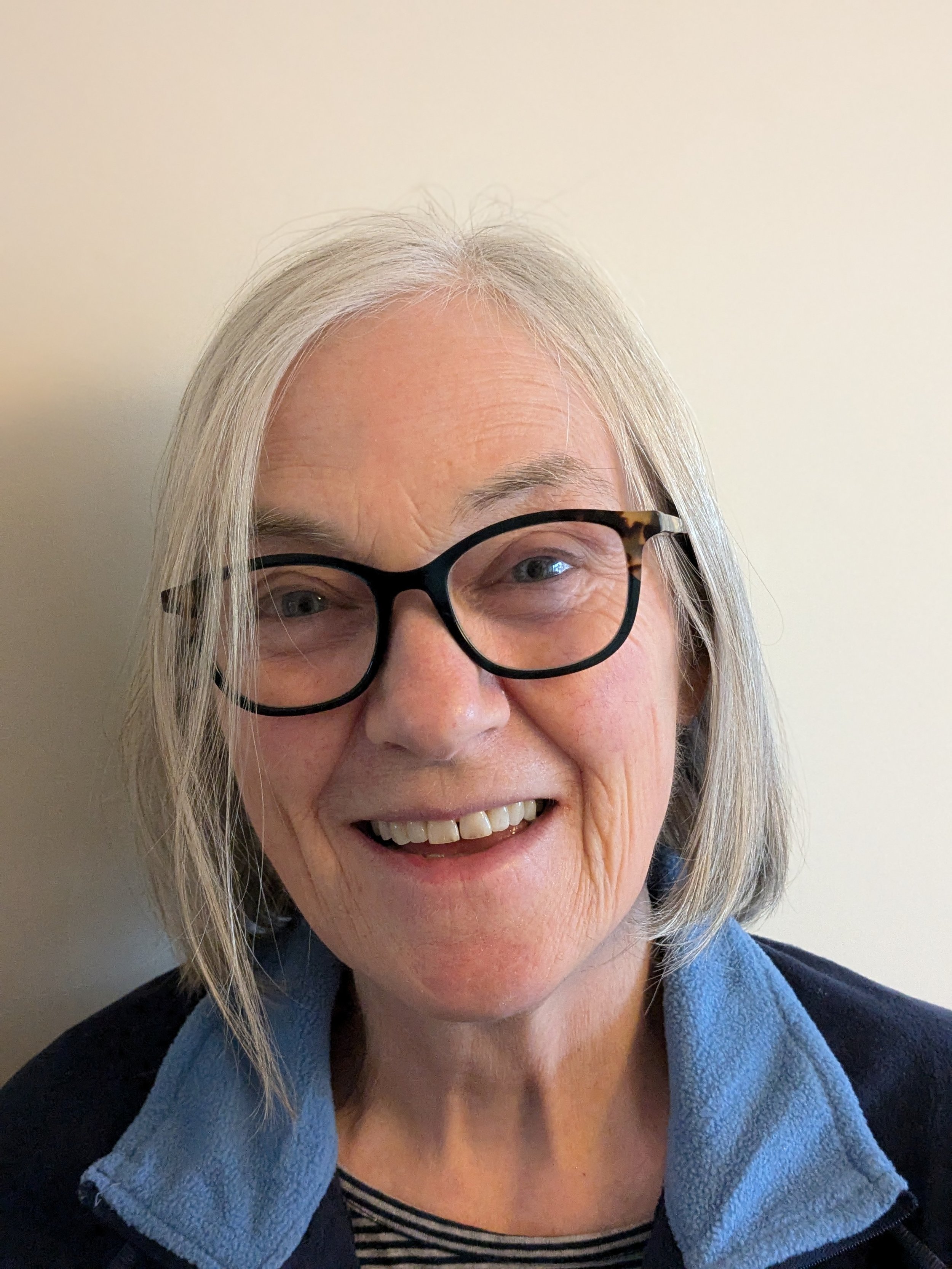Rich vs. Poor:
Does Class Still Rule Britain?
Britain has long been marked by deep-rooted class divisions. While traditional notions of class may have softened in modern times, the gap between rich and poor has only widened. Income inequality has steadily grown over the decades while wealth inequality has accelerated more sharply, with the divide between the richest and poorest 10% now among the worst in the developed world, second only to the United States.
From housing and education to health and political influence, where you're born and who you're born to still largely determines who gets ahead and who gets left behind. Despite the best efforts of diversity and inclusion policies, many point to a continued decline in social mobility, with those from working-class backgrounds falling furthest behind.
Some argue that identity politics and culture wars have distracted from the old fault lines of class. At the same time, the language of class has faded from political discourse, even as its effects remain deeply felt across society.
Has class become economic or is it still largely cultural? What role should the state play in improving social mobility? How can we address the worsening health, wealth and income inequalities? And why, in the 21st century, do birth and background still count for so much?




